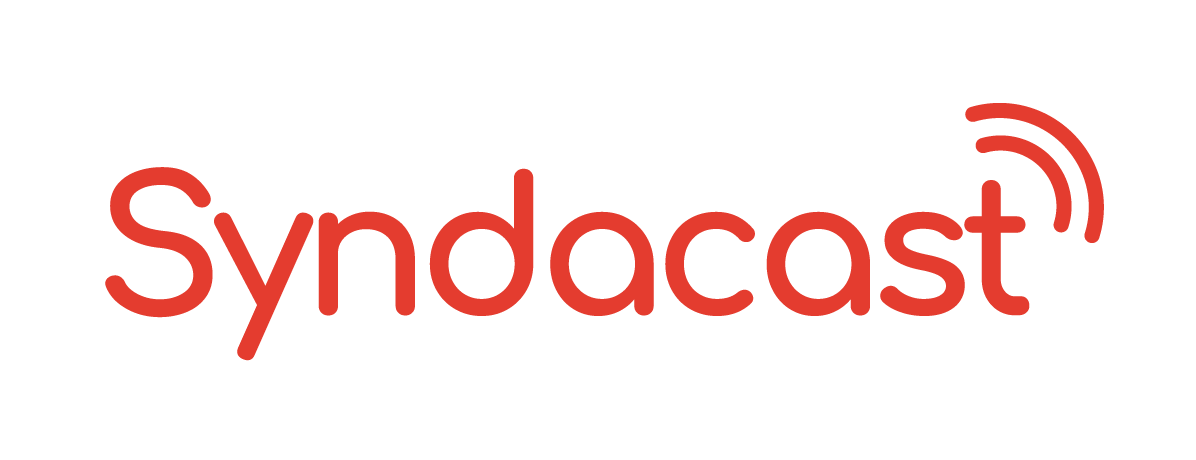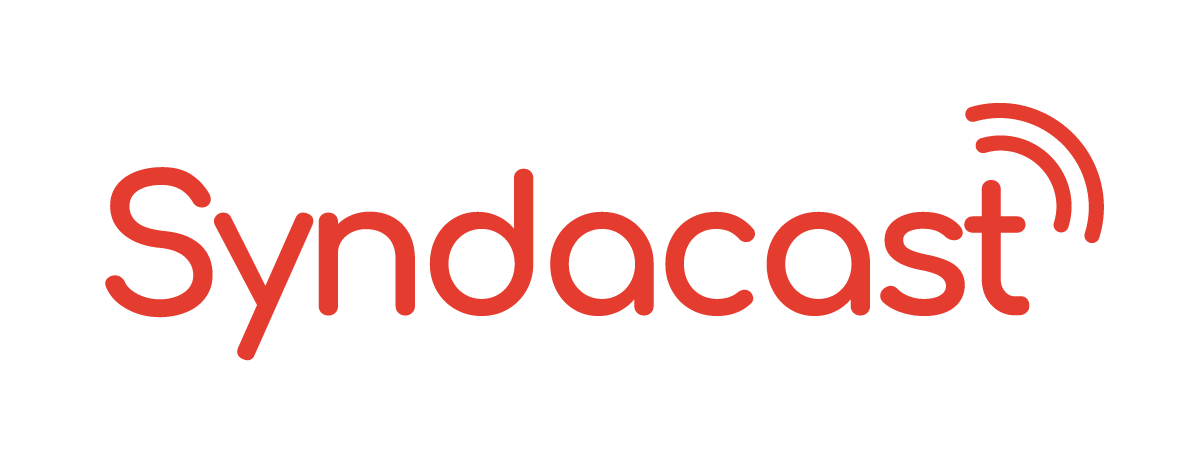Getting De-indexed by Google: Top 5 Website Characteristics to Avoid
So you’ve launched your website, started to see some traffic and over the course of the next few months, enjoyed continual increase in traffic as your website starts to appear in search results for different keywords. All of a sudden, your site sees a sharp drop to zero visitors and you start to panic. If you suddenly lost rankings overnight for all your key search terms, especially your brand keyword, it’s a sign that Google has most likely placed a penalty on your site.
Is that the end then? Luckily, no. For many website owners, these penalties come out of the blue and they feel that it’s unfair given there was absolutely no intention to manipulate search results. That is why Google has what is called a ‘reconsideration request’ which could be submitted via your webmasters tools login. Although there is no guarantee that your site would ever regain visibility, it’s always worth a shot.
To avoid ever having to go through the horrors of a penalty and getting de-indexed, here are 5 important website characteristics to compare your website against. Ultimately, your website should not have any of these characteristics.
The number 1 way to get penalized is sending different messages to the search spider and actual human visitors; in other words #1: Cloaking. Basically, clocking when you technically configure your website to detect if a site visit is made by Google’s spider and if so, to feed the spider a different set of content from what the normal site visitor would see. Writing meta tags and having a robot.txt to help search engines better understand your website as oppose to deliberately misleading search spiders are 2 very different things.
Next is what we widely refer to as plagiarism. In the online world, this is commonly referred to #2: Duplicate Content. This simply means you shouldn’t be stealing content from other people’s website to display on your site. The best way to keep strong rankings in the long run is to frequently publish fresh, new and unique content on your website.
Linking is still a very strong site-popularity signal for search engines, but as soon as you overdo it or take the easy way out by joining bad neighborhoods; (in other words, having lots of inbound links from #3: Link Farms), you’ve just increase the chance of your website getting penalized indefinitely. Don’t buy or exchange links. It would too easily get you in trouble. Should you be considering advertorials or endorsed news publications with links, those are fine. It’s when the main purpose of any payment is obviously for buying links.
#4 Doorway Pages is a lesser known site characteristic that is eyed closely by search engines and one that many websites unknowingly triggers penalties for. What are doorway pages? They are basically websites and pages that are developed with the sole purpose to rank for certain targeted keywords in order to transfer search traffic for those keywords to the main website. Characteristics of a doorway page is what appears as a website with content quickly and effortlessly put together along with a handful of outgoing links going to the same destination URL.
Finally, abusing #5 Exact Match Domains (EMDs) to create what search experts sometimes call ‘content farms’ to transfer traffic from individual exact match domain websites to the main. It is no secret that if your website URL closely matches the keyword you want to rank for, your website would reach the first page search results for that keyword very quickly and stays there. So if you had 5 keywords you want to rank for, isn’t it just easier to buy 5 domains for each keyword and they’ll rank easily? Yes. But ever since this has been abused by many SEO practitioners, Google is on the watch and if you’re caught owning a handful of domains going to the same website, most likely all of them would get de-indexed or lose rankings simultaneously. There are 2 take away messages here, 1: when buying domains take note to avoid appearing like an EMD and 2: if you want to own a few sites to build up branding, it’s technically alright, but stick to what makes sense and avoid overdoing it.
Are there more ways to getting penalized or de-indexed than these 5 main criteria? Yes. However, we’ve pointed out these 5 given they are the most common ones that web owners may unknowingly trigger penalties for sans the intention to manipulate search results.




